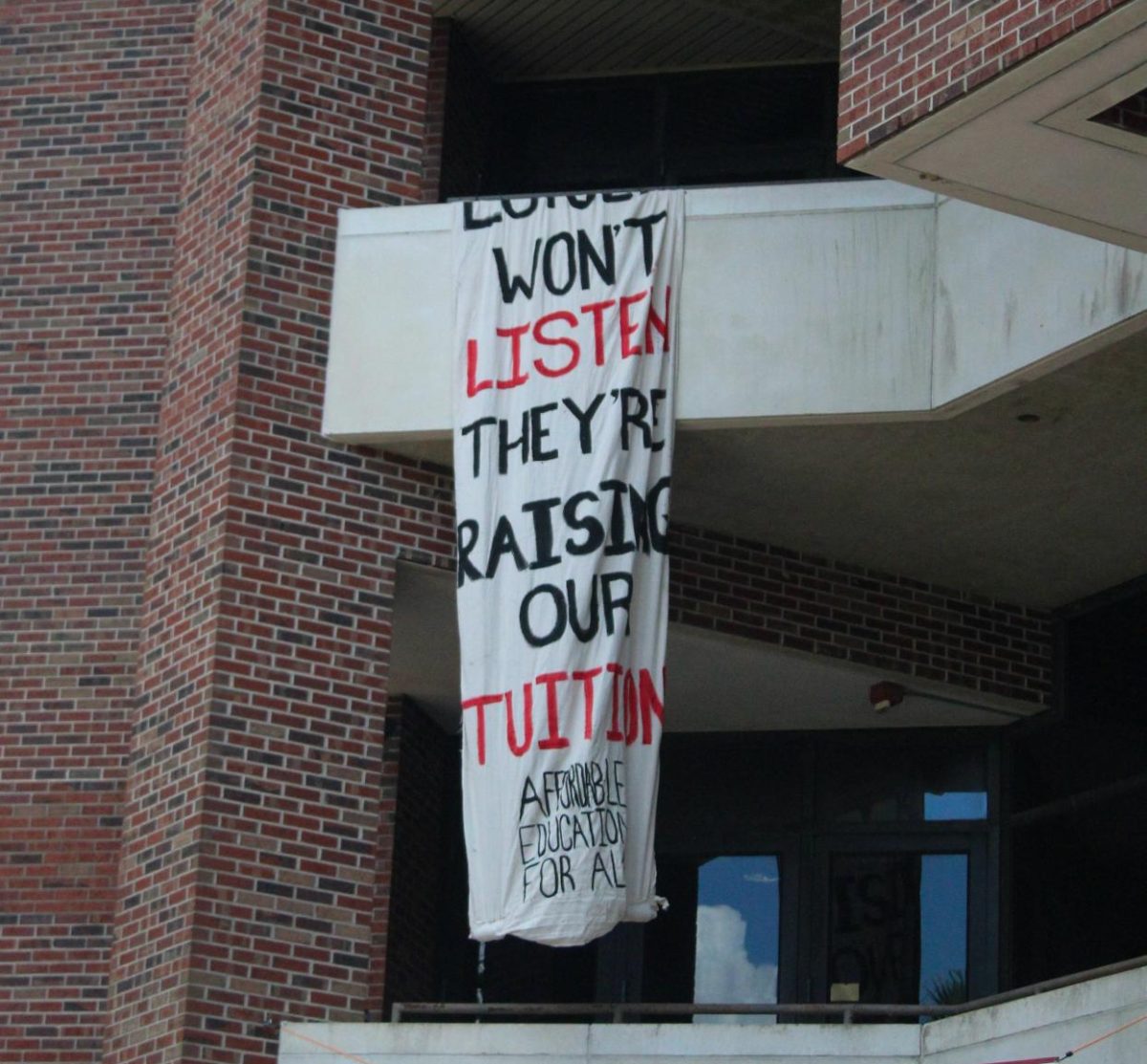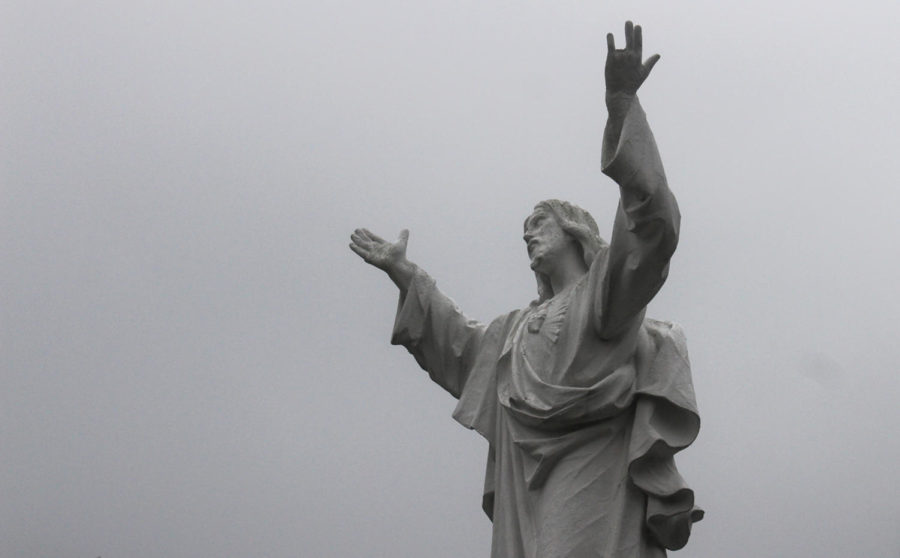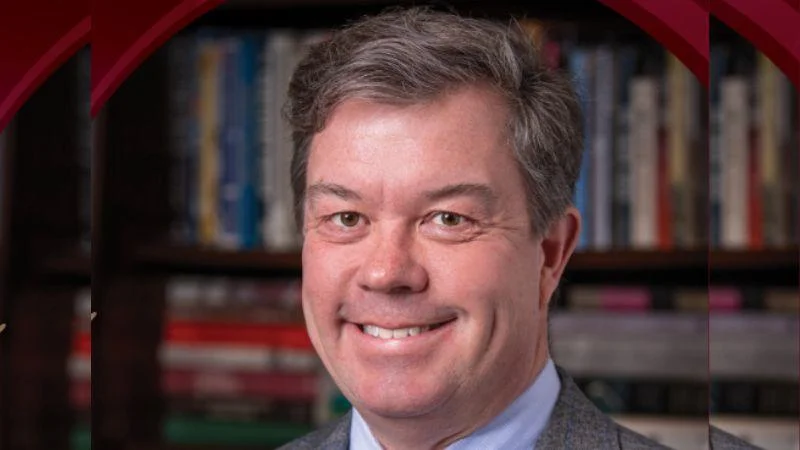When Jonathan Peterson was applying for a position as a philosophy professor at Loyola, he said he was attracted to how the department was collegial, the students were engaging and the classes were small.
Unlike his previous position at another university, Loyola also offered another incentive: the chance at tenure.
“This is a tenure-track job, which is a very attractive thing since it’s a much more stable form of employment,” he said.
Peterson is among the 22 new, full-time faculty the university hired this year. With these hires, Loyola continues to carefully work to balance its number of tenure and non-tenure track faculty.
For several years, Loyola has moved toward a faculty makeup of 75 percent tenured and tenure-track and 25 percent non-tenure-track. According to Ed Kvet, provost and vice president of Academic Affairs, both types of faculty are important to the university.
Tenure, however, which has been an institution of American higher education, is disappearing from universities nationwide. The number of tenured and tenure-track faculty is plummeting. While they once made up the majority, they now comprise less than one-third of full-time professional staff, according to a 2010 U.S. Department of Education report.
According to Loyola’s faculty handbook, tenure signifies that a faculty member has become a “full and permanent” part of the university who cannot be terminated except by mutual agreement or for certain grave causes listed in the handbook. On the other hand, non-tenure-track faculty are hired on a year-to-year, or as needed, basis.
Loyola followed the national trend in dropping tenure numbers for most of the past decade. Between 2001 and 2008, the percent of non-tenure-track faculty nearly tripled on campus.
In 2001, there were 38 non-tenure-track faculty. By 2008, the number jumped to 95.
Yet since 2008, the number has started to stabilize, reflecting what Kvet views as an ideal ratio for the university. Today it is 25.4 percent non-tenure-track. He said he hopes to see Loyola buck the national trend and maintain tenure.
“The preponderance needs to be tenure-track,” Kvet said.
Ralph Tucci, mathematics professor, said hiring non-tenure-track faculty allows a university to let them go if necessary, which he said he believes is not necessarily a good thing.
“I think they do that so they can have a safety valve if they need it,” Tucci said.
While many universities are hiring non-tenure-track faculty to reduce cost, the explanation more applicable to Loyola is the changing dynamic of expertise, Kvet said.
When a university hires tenure-track professors, it is hiring them for 30 years, Kvet said. As a result, the university is locked into their expertise for that long as well.
In some departments, the needed expertise is changing, and hiring non-tenure-track professors allows the university to keep up with that. One example of where non-tenure-track faculty can serve well is in mass communication, Kvet said. While social media was barely existent five years ago, it has become an integral part of the field. Non-tenure-track professors can bring that sort of expertise, as well as flexibility to a department.
“We want to hire people at the cutting edge of their field,” Kvet said.
Even so, tenured faculty provide a sense of continuity and identity to a university, Kvet said.
The value of tenure, however, is under debate nationally. According to Adrianna Kezar, an associate professor of higher education at the University of Southern California who wrote the book, “Understanding the new majority of non-tenure track faculty,” there are a number of arguments used for and against it.
Those who endorse it say it is necessary for a number of reasons, such as academic freedom. Tenure allows faculty to freely research controversial subjects without the fear of getting fired. It also preserves fair governance on campus, as non-tenure-track faculty may be less inclined to voice their opinions on university issues.
Tucci said that tenure is also a good recruiting tool for universities.
“You really need some incentive to make (working at a university) attractive,” he said.
Tenure can also provide a stable learning environment for students, by giving them the chance to have mentors and professors who are there over time, Kezar said.
On the other hand, those who question the value of tenure say the current financial realities make it difficult to sustain, Kezar said. They also argue that the First Amendment protects faculty rights.
The problem, she said, is that there’s no answer for the debate. “There is no way to measure or test this,” she said.
For Peterson, the tenure-track professor, tenure provides positive effects on a university.
“Tenure is one of the most significant forms of job security you can have,” he said. “If it isn’t justified by some social good, such as academic freedom, it’s going to be difficult to explain why it is justified.”
Masako Hirsch can be reached at [email protected]





